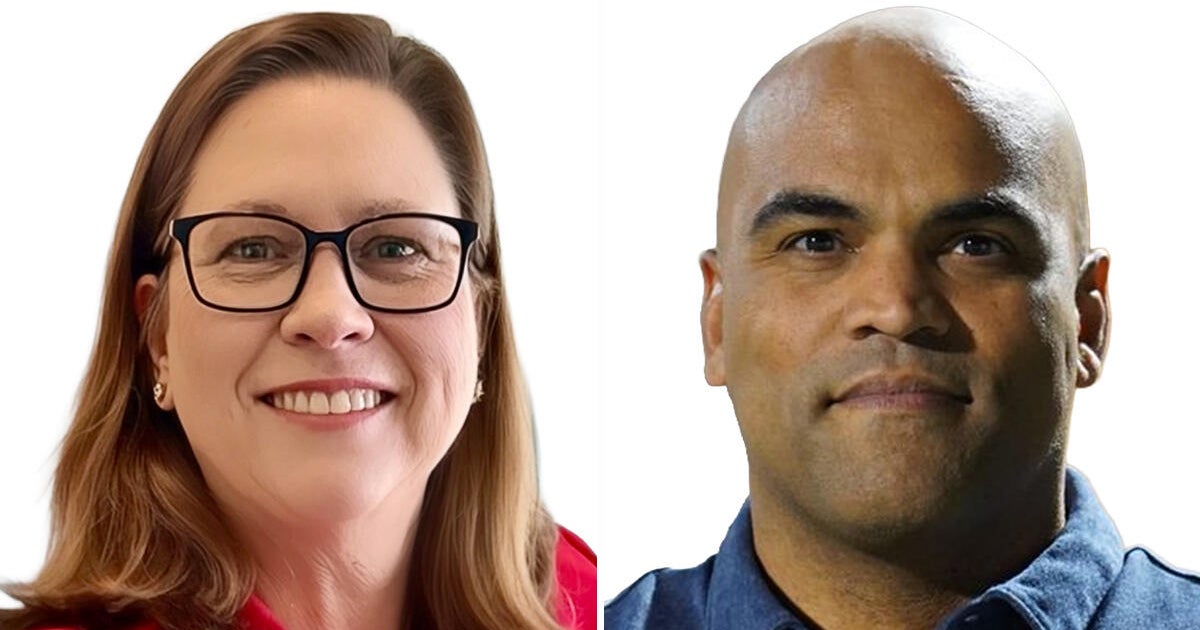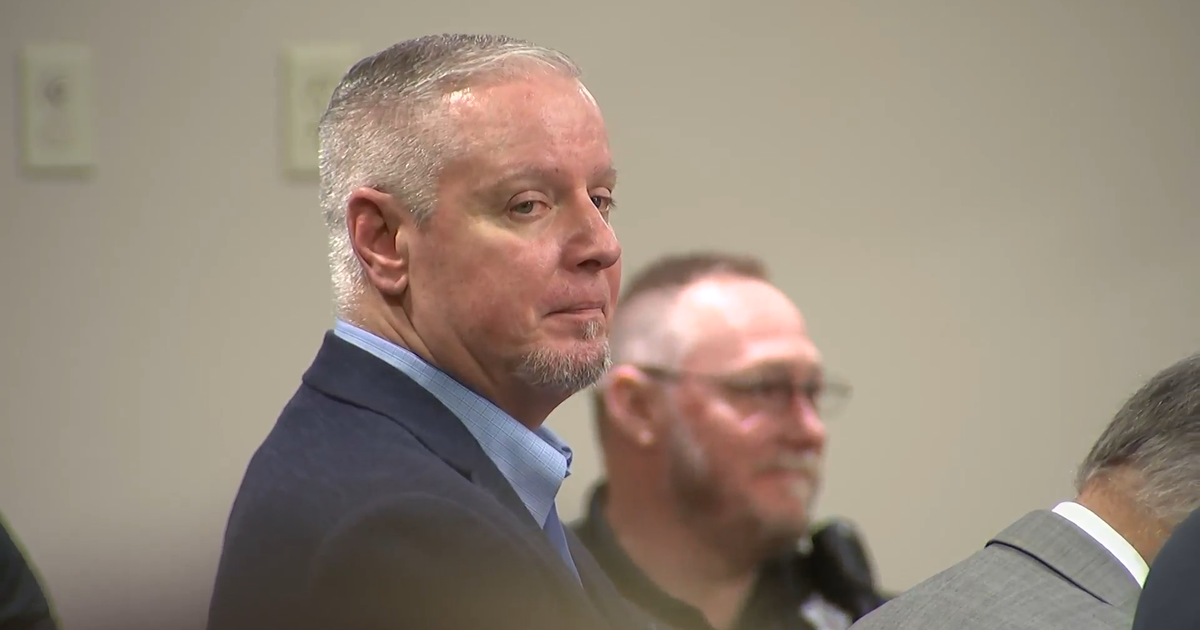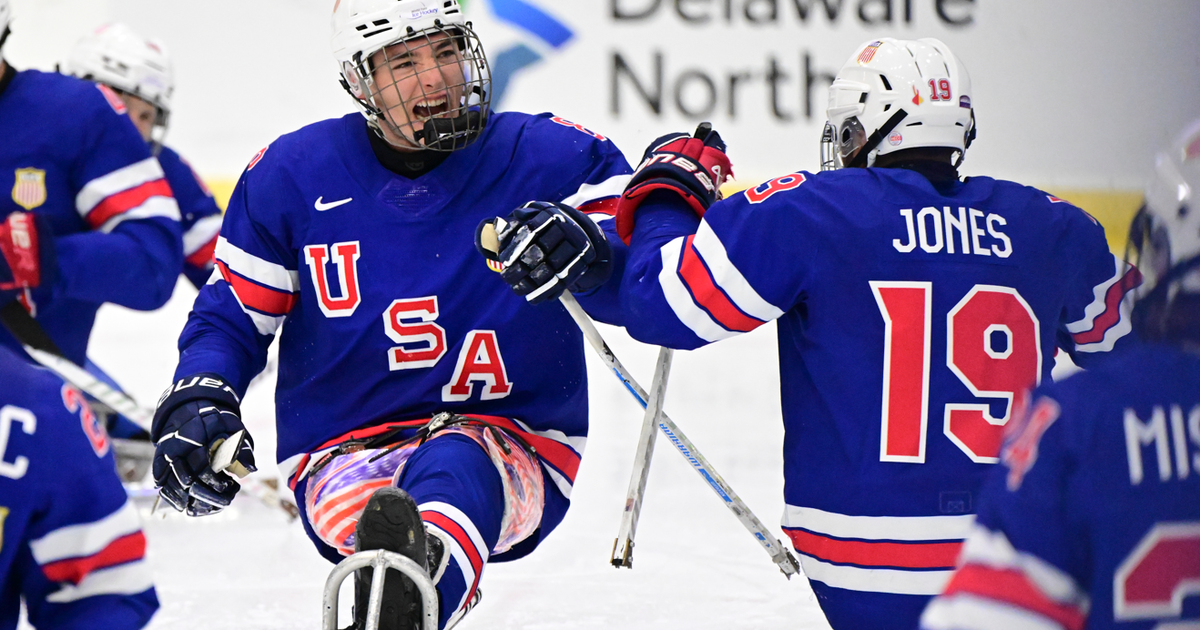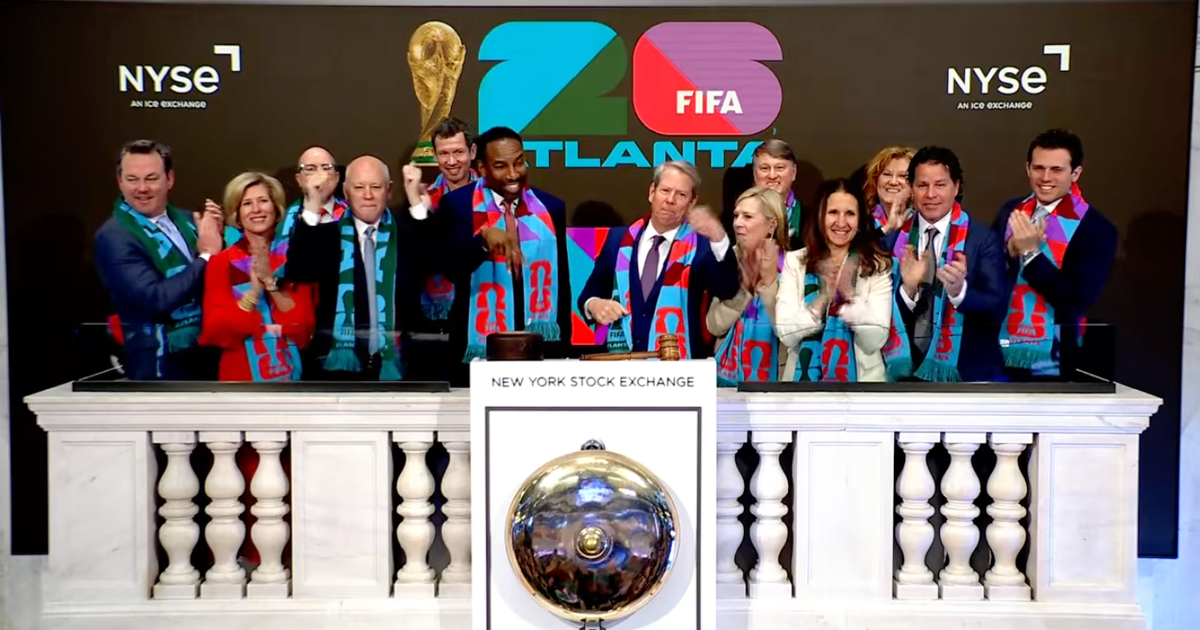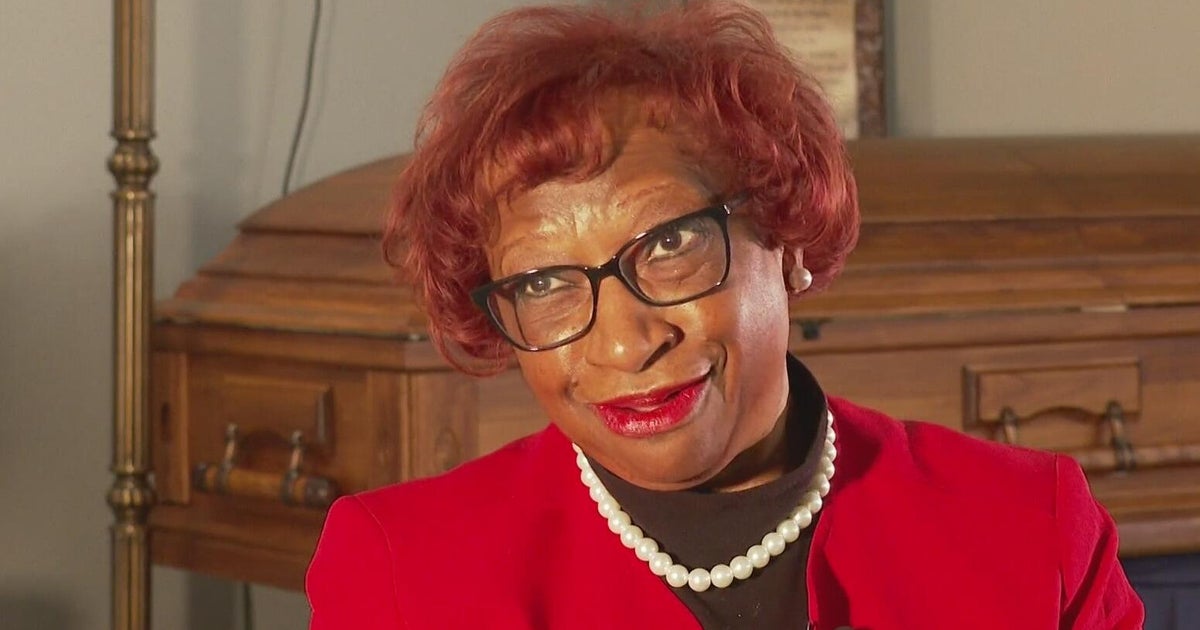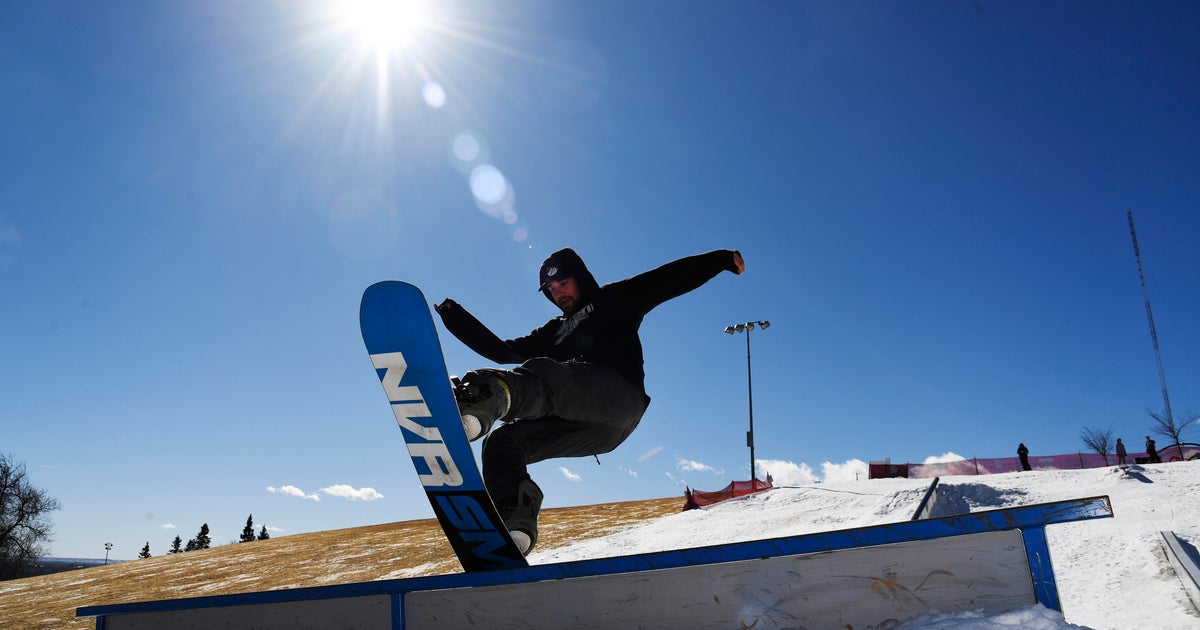From The Black Power Salute To Colin Kaepernick: What's Changed?
(CNN) -- They stood united on the Olympic podium, heads bowed, black-gloved fists raised in the Black Power salute while the "The Star Spangled Banner" rang out to honor athletic achievement.
The gesture by US athletes Tommie Smith and John Carlos at the 1968 Mexico Olympics became one of the century's most iconic sports images, one now celebrated in popular memory as a progressive moment.
The reality, however, was quite different, and this week's 50th anniversary falls at a time when athletes, such as Colin Kaepernick and Serena Williams, are once again in the spotlight for their activism.
"We're kind of in a weird spot," said psychologist, author, and former NBA player John Amaechi of the parallels, 50 years later, in an interview with CNN Sport.
It's true that memories fade quickly, and many people forget how the entire Olympic organization condemned Smith and Carlos' act on the podium for the 200 meters.
Far from celebrated, the runners and their families were kicked out of the Olympics. They were suspended by their sport's national governing body and received hate mail, death threats, and continued criticism for their actions.
'Status quo is wonderfully convenient'
Fast forward to today's reactions to the bended-knee protest started in September 2016 by NFL players Kaepernick and Eric Reid.
Their original intent was to spotlight social injustice. Instead, some team owners, fans, and eventually US President Donald Trump denounced the gesture, twisting the protest's original intent into one over patriotism and the national anthem, despite the many NFL colleagues who kneeled in solidarity.
Kaepernick remains unsigned, despite his on-field performances, and last year filed a grievance with the NFL alleging that owners colluded to keep him unemployed.
"The very same experience that Colin Kaepernick is having now, it's the same experience that John Carlos and Tommie Smith experienced back then," Amaechi said.
"It's amazing. All this time has passed, and there's nothing different about the response, because the status quo is wonderfully convenient."
READ: Colin Kaepernick: From cultural star to global icon
READ: Young people support Nike's bet on Kaepernick, says poll
'Most to lose'
At the Mexico Games, the stakes were high. It was the first time that several athletes came together to highlight human and civil rights issues. Moreover, it was the first time that a Summer Olympiad was a major broadcast event for US television.
"You have protestors who are actively cultivating spectacle," historian Amy Bass said of 1968, pointing to how televised broadcasts of the January Tet Offensive in the Vietnam War and the August Democratic National Convention left indelible marks on public opinion.
Such images are potent and "the athletes absolutely recognized that," says Bass.
The era of big-money endorsements that NBA superstar Michael Jordan helped usher in was a game changer, according to Bass.
"That's a big question that I ask of 1968 and I think that we still ask: 'What are you risking when you [protest]?'"
For Smith and Carlos, their entire livelihoods were on the line.
"They had the most to lose and they made the most audacious movement," adds Bass.
'Social responsibility?'
Today, things are a bit different. LeBron James nets over $30 million a year alone from Nike, Stephen Curry around $42 million from various endorsements, including Under Armour, while Serena Williams earned $18.1 million in endorsements between June 2017 and June 2018.
The monetary stakes are different, but on the flip side the exposure is much bigger in today's Internet-driven, social media-fueled world.
This empowers certain top athletes to have their messages heard more consantly and in much more powerful ways than before. And some are actually protected by their high-level visibility and public following.
"Is LeBron James risking the same thing as an NCAA athlete who might create some sort of protest?" questions Bass.
But there are other forces at work.
For Mark Levinstein, acting executive director for the US National Soccer Team Players, a big differentiator in assessing the risk-reward equation is how leagues and owners view themselves.
"Are you an entertainment product or is your league something bigger than that?" he said. "Is there a social responsibility?"
Many point to the NBA and commissioner Adam Silver as leading examples of a league that bills itself -- and acts -- as a socially responsible one.
So when LA Clippers owner Donald Sterling was caught on tape expressing racist sentiments in 2014, Silver and the fellow owners were quick to ban him.
"It's as much a function of the political views of the leadership of the league as it is their business," said Levinstein.
The NFL's reactions to athlete protests in the past few years illustrate how its different from the NBA in this regard.
"The boycotts of sponsors was a concern of the NFL as its ratings were declining," Levinstein pointed out once the bended-knee protest was misappropriated and politicized.
Safety in Numbers
When President Trump attacked the NFL players who protested, it infused more politics into the gesture than perhaps anyone originally intended.
Yet, "it was a way to attack without using the race word," says Levinstein, "to tap into that hostility toward young African American men who make so much money [that] parts of our population [hold]."
As a result, Kaepernick remains a football player without a career.
In contrast, as Bass noted, "Is anyone actually going to fire LeBron James for protesting something?"
One reason why you have comparatively increased athlete activism today, despite the millions of dollars that may be on the line, is that there's safety in numbers.
The advent of social media and media platforms, like The Players Tribune, where athletes can tell their stories and spotlight certain issues, has altered the equation.
"There's safety in being with people from all walks of life," said Levinstein. "If all the players in the NFL did something, who would the sponsors cut off?"
The WNBA is a prime example of reducing the individual risk when the larger community speaks out.
The league's history of social activism is well documented, and in 2017 gained even more attention as entire teams protested to draw attention to issues of social injustice, including the Minnesota Lynx, L.A. Sparks, and Washington Mystics.
"It makes the message the primary thing, not the person who's delivering it," said Levinstein.
Excluding women activists
It wasn't just Carlos and Smith who protested during the 1968 Mexico Games.
Peter Norman, who clinched silver in the same 200-meter race, wore an Olympic Project for Human Rights badge as he was awarded his medal, calling attention to Australia's treatment of its indigenous people.
But too often erased from collective memory is Wyomia Tyus, the first athlete -- male or female -- to win back-to-back Olympic gold medals in the women's 100m race.
Throughout the 1968 Games, Tyus wore black shorts to symbolize her solidarity with the movement, and even dedicated her medal to Carlos and Smith. Yet, that Tyus isn't as readily remembered by the public isn't surprising.
"Black women's exclusion largely from the activism of the Olympic Project for Human Rights is incredibly typical," Bass said, reflecting how women were often marginalized within larger social justice movements, not just this one in particular.
It's an issue that highlights not just racism and issues of civil rights, but also misogyny and the fight for women's rights -- in society and sports culture.
"When you look at someone like Tyus, the problems aren't just with her activism," said Bass.
Battle of the sexes
Tennis great Williams and sister Venus have fought racism all their lives, and Serena sought to highlight sexism in tennis during her recent US Open final controversy.
"The coverage of some of the most remarkable female athletes out there, some of the most remarkable women in sports, it's nonexistent in comparison to the coverage of mediocre men," said Amaechi, who suggests society in general still has the view that "the prospectus, the pain, the experience of women isn't really important."
And he points to the hubris of men that still dominates the sports sphere. From Billie Jean King's 1973 "Battle of the Sexes" tennis match against 55-year-old former tennis pro Bobby Riggs to skier Lindsey Vonn's recent requests to race against men, the struggle for women to be recognized as sporting equals continues.
"The idea that any old bloke can compete and beat an elite female athlete, that's still very prevalent," he says.
READ: Serena's US Open outburst leaves tennis opinion divided
READ: Serena catsuit ban is policing her blackness (opinion)
Role models
There are, of course, numerous exceptions. Several high profile NBA players like James, Paul George, Russell Westbrook, and Kevin Durant are vocal advocates of the WNBA.
And, back in the day, Amaechi credits Susan Robinson, an All-American at Penn State, for teaching him the game and enabling him to reach the NBA.
"I wouldn't have gotten there without her," he reflected. "I learned so much about technique from her game."
Yet, he pointed out the vast difference in public recognition of male and female basketballers, how people thought he was an amazingly skilled ballplayer without acknowledging the technical finesse of Robinson herself.
While there's been progress since the Olympic protests of 1968, real change in terms of public reaction to athlete-activists of color hasn't materialized. Fifty years on, they face many of the same hurdles.
"The political amnesia, the historical amnesia still catches me off guard," says Bass. "That's the part that still raises my eyebrow: that people are shocked that an athlete has thoughts and positions."
Something that hasn't changed is that athletes of all stripes remain role models. And for Amaechi, this is key to effecting real change.
"They have only one choice: to be a good [role model] or a bad one," he said. "There is no neutral. If you abdicate your power and responsibility to influence in a positive way, then you're a negative role model."
In this vein, Carlos, Smith, Tyus, and Norman remain role models 50 years later, even if their acts of protest haven't entirely changed the way the public reacts to athlete activism.
The-CNN-Wire
™ & © 2018 Cable News Network, Inc., a Time Warner Company. All rights reserved.

